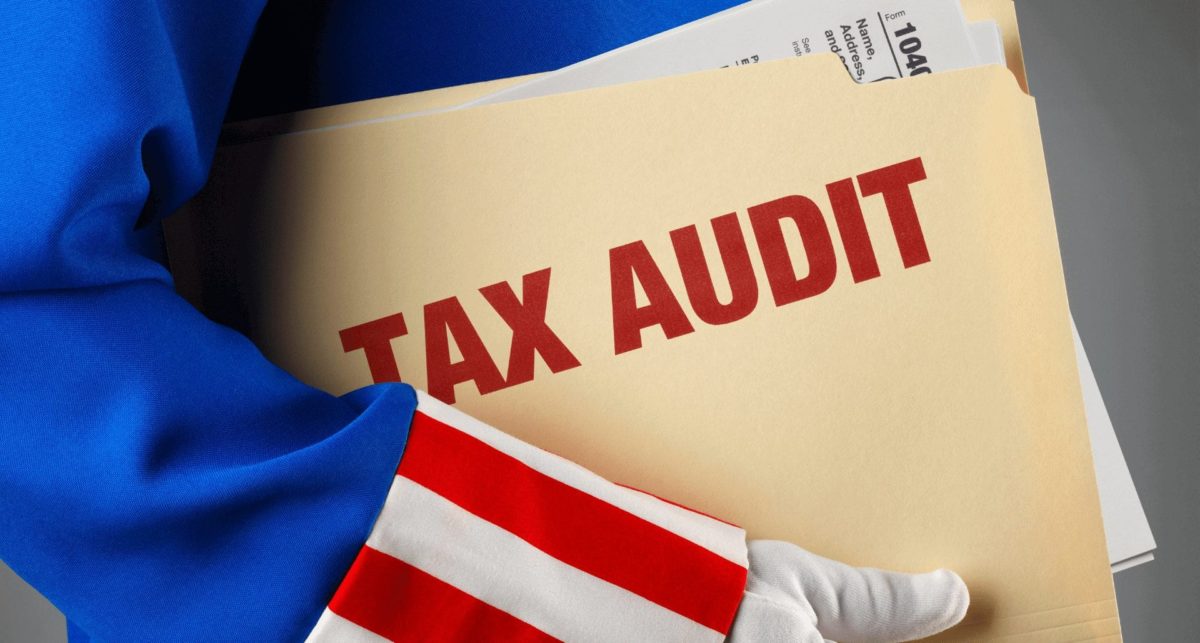March 6, 2013 | Tax Debt

Failure to File and Failure to Pay
When a taxpayer does not file their returns for their personal income taxes, or if a taxpayer files for an extension but never files, the IRS does not forget about the unfiled returns. For each year a taxpayer does not file, the IRS may issue a notice of deficiency for each year at issue. One defense to the Failure to File Penalty in the Tax Code is reasonable cause. To prove reasonable cause for failure to file timely, the taxpayer must show that they exercised ordinary business care and prudence, but was nevertheless unable to file the return within the allotted time.
The Tax Court determines whether or not reasonable cause exists based on facts, circumstances, and the evidence presented.
Tax Court has consistently held that if a taxpayer is able to continue their business affairs, even with incapacity, then the incapacity is not enough to establish reasonable cause. This means that is a taxpayer is unable to meet tax obligations, but continues to conduct their business activities as they normally would, there is no reasonable cause.
In 2008, taxpayer David Pushman was issued a notice of deficiency for his 2004, 2005, and 2006 returns. David has suffered from a heart attack and had surgery in late 2004, and moved across the country to be closer to his family in early 2005. David had filed Form 4868, Application for Automatic Extension of Time to File U.S. Individual Tax Return for 2004 and 2005, but did not actually file a return for either tax year. For his 2006 personal income tax return, David did not file for an extension nor did he file a return. David filed timely petitions to disputes the notices of deficiency, was able to reconstruct some of the records from those years, and gave them to the IRS. David and the IRS resolved the amount of back taxes owed, but the case ended up in Tax Court. This case went to court because David and the IRS disagreed on the Failure to File Penalty for 2004-2006, Failure to Pay Penalty for 2004-2006, and the Failure to Pay Estimated Taxes for 2006.
In the proceedings, David contended that his heart condition and the preexisting medical condition of attention deficit disorder, as well as a decrease in his wages constituted the reasonable cause for his failure to timely file his returns and pay taxes. David produced medical records that showed his time spent in the hospital after his heart attack and surgery. David also brought records that showed he worked full time before his hospital stay, and was out of work for four months post hospital visit.
David ultimately admitted that he did not file his personal income tax returns in 2004, 2005, and 2006 because he knew that he could not pay the taxes due. The Tax Court concluded that David had sufficient opportunity and time to access his records and file his return for the tax years, and that he had not shown that the failure to file returns or pay taxes was due to reasonable cause. The Court additionally found that David had shown willful neglect in failing to timely file tax return, by failing to timely pay the tax due for each year, as well failed to make estimated tax payments.
In situations like these, it is best to consult with an experienced Tax Attorney who understands the Tax Code and how to best approach the IRS. Instead of going straight to Tax Court to fight the IRS, a tax law expert will work with the IRS to find the best solution for the client.


 Timothy S Hart, the founding partner of the tax law firm of Timothy S. Hart Law Group, P.C. is both a New York Tax Lawyer & Certified Public Accountant. His area of expertise includes innovative solutions to solve your Internal Revenue Service and New York State tax problems, including tax settlements through the Federal and New York State offer in compromise programs, filing unfiled tax returns, voluntary disclosures, tax audits, and criminal investigations. [
Timothy S Hart, the founding partner of the tax law firm of Timothy S. Hart Law Group, P.C. is both a New York Tax Lawyer & Certified Public Accountant. His area of expertise includes innovative solutions to solve your Internal Revenue Service and New York State tax problems, including tax settlements through the Federal and New York State offer in compromise programs, filing unfiled tax returns, voluntary disclosures, tax audits, and criminal investigations. [